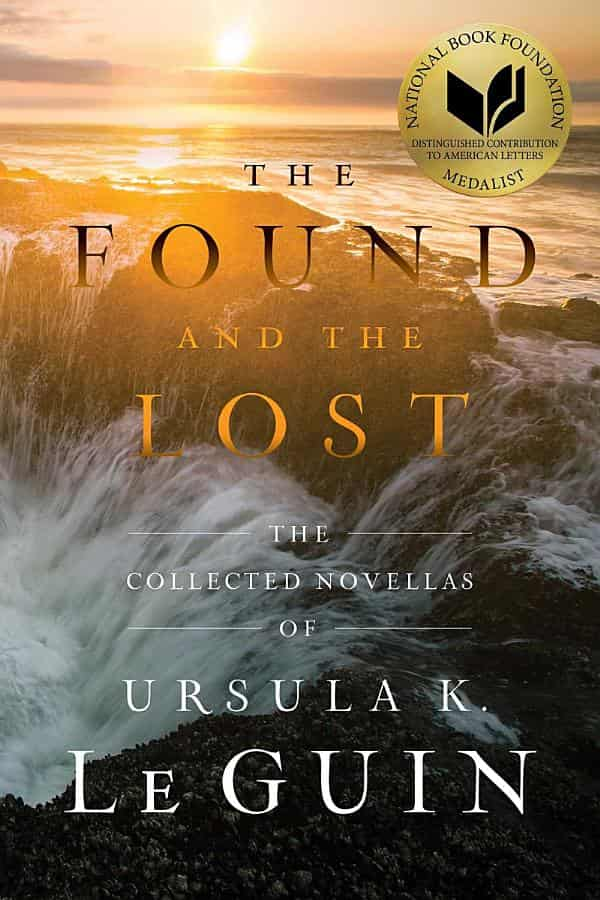Le Guin is the master of the novella. Each of these stories contains a universe; even the stories meant to expand the worlds she’s created in her Hainish and Earthsea cycles, they feel complete unto themselves.
And the shape of each story—it’s her carrier bag theory of fiction in practice. A different way of thinking about narrative. And far beyond that—a different way of thinking about the world we live in, what we do within it, how we frame our lives.
I’m in awe.
Previously:
I’m on page 150 and could stop the book now and give it five stars. I won’t, 650 pages to go, but here are the lines I wrote down from “Hernes”:
It’s queer how the words change and change the world.
I needed to walk, down on the beach, get the sky over me.
Elk. Nine of them going along, easy in their majesty, carrying their crowns.
She misses him but she doesn’t really miss him, she doesn’t need him. She is complete.
What can you do to evil but refuse it? Not pretend it isn’t there, but look at it, and know it, and refuse it.
He’d fly along the beach like a little thistle seed.
I don’t know what I want; I don’t know that I want anything. Only to know some soul better. It’s like there’s a country in me where I can’t go. And other people have that country in them, but I don’t know how to find it.
Placid as a goldfish. But there are countries in her. She is a mystery.
Pure romance: to love what you can never touch. And was the love he thanked me for, his pure delight, ever more than that— a bubble without substance, that a touch would break?
